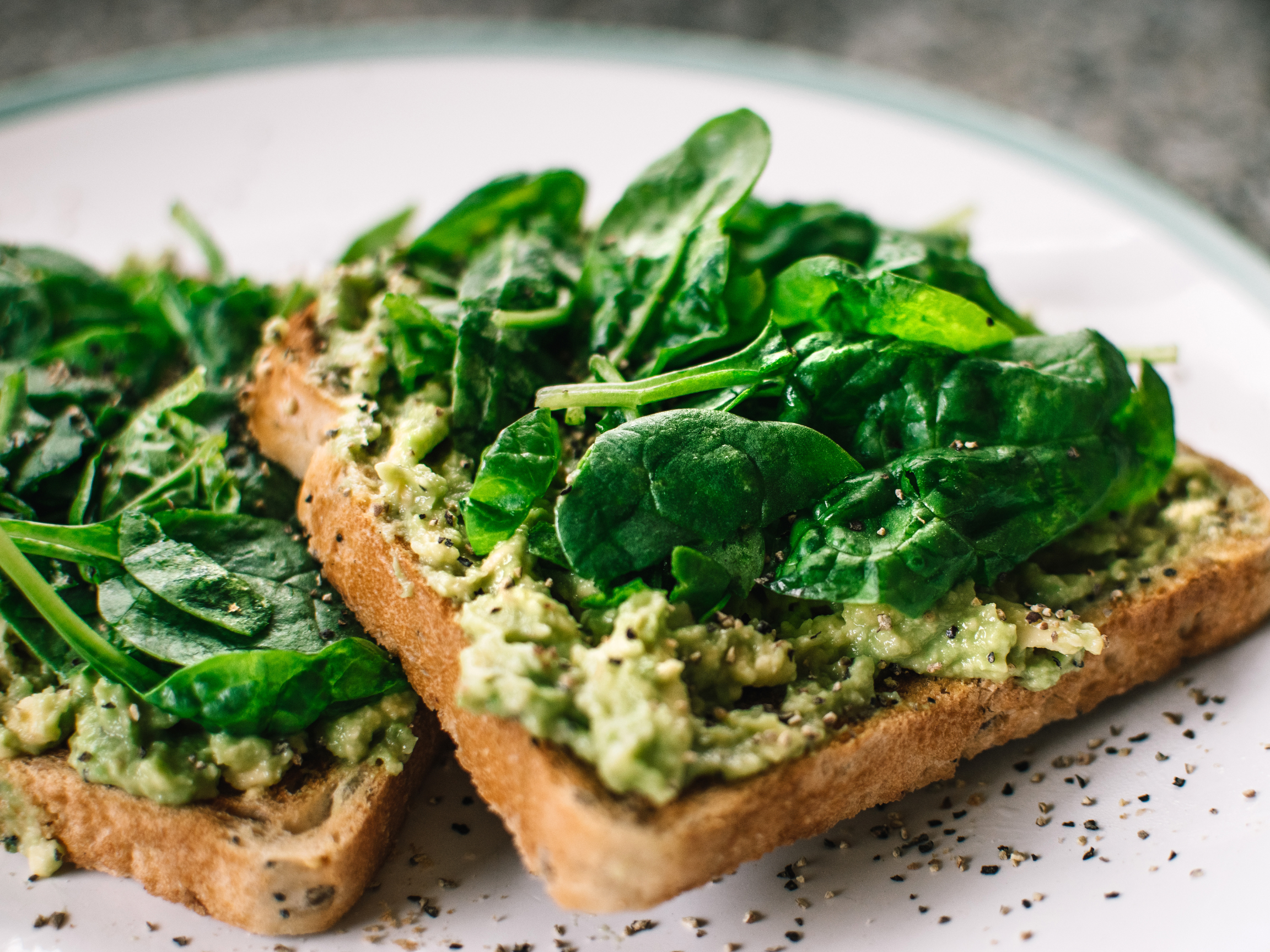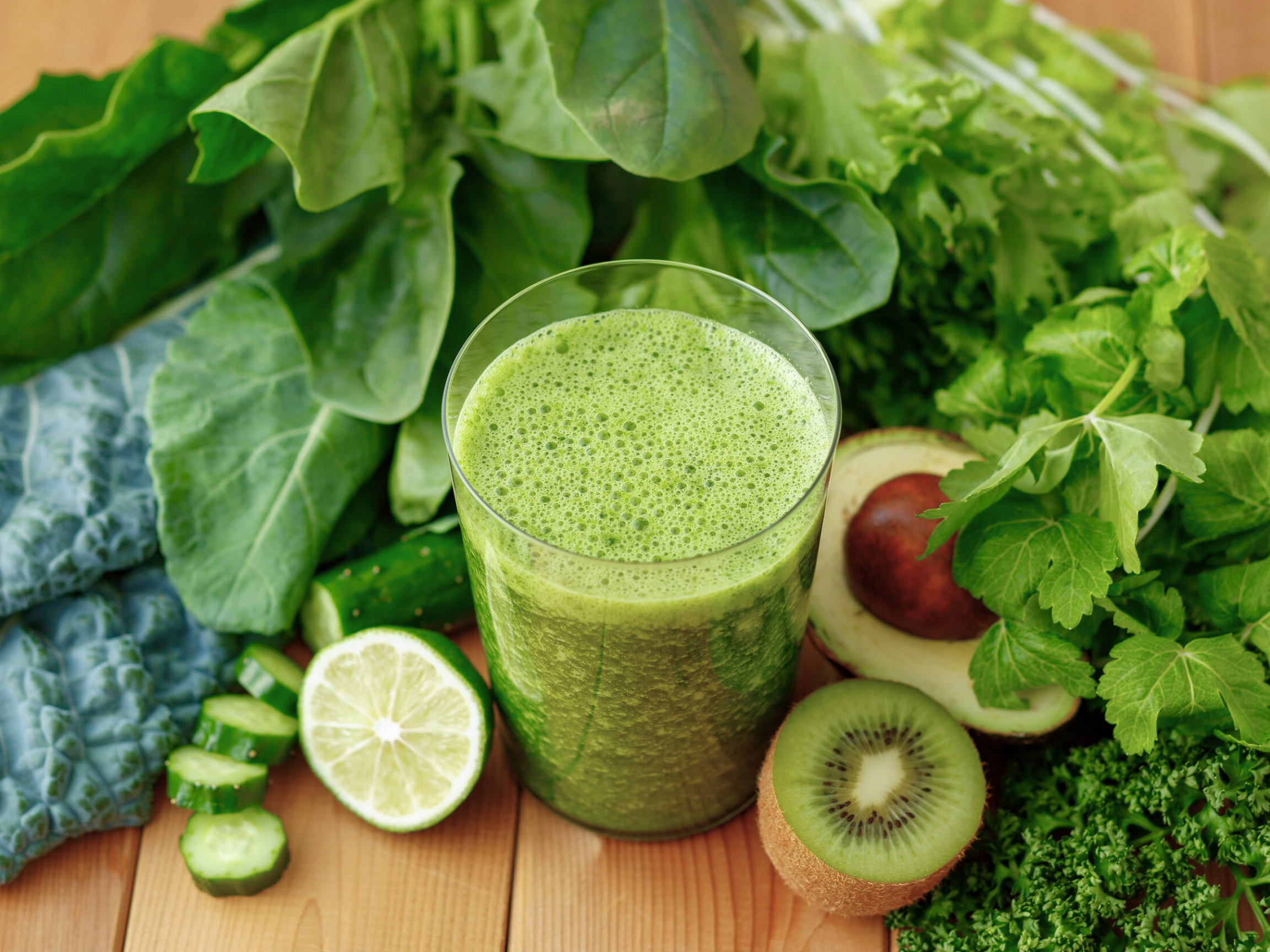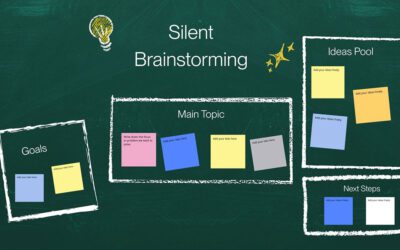The relationship between what we eat and how we think is much closer than we imagine. Incorporating mindful eating practices into daily life not only improves our physical health, but it also directly impacts our mental clarity, concentration, and emotional well-being. Eating is not just a biological act, it is also a way to fuel the brain, regulate emotions, and sustain the energy we need in both our professional and personal lives.
The Link Between Nutrition and the Mind
The Sattvic Diet: Light for the Mind
It’s not only what we eat that matters, but also how we eat. The sattvic diet, rooted in Ayurveda, promotes fresh, light, unprocessed foods believed to support mental clarity, emotional calm, and sharper cognition. According to WebMD, this eating pattern avoids heavy, stimulating, or overly spiced foods, and instead prioritizes fruits, vegetables, whole grains, nuts, and gentle herbs, precisely the kind of nourishment that fosters the mental tranquility many people seek through their mindful eating.
Sattvic food is a concept from Ayurvedic and yogic traditions referring to foods that promote clarity, calmness, purity, and spiritual growth. The Sanskrit term Sattva means purity, harmony, and balance; therefore, a sattvic diet aims to cultivate a peaceful body and a clear, centered mind. Lezanne Swart one of our lead trainers at Silent Focus explains more in the following video.
Nutrition and Cognitive Functions
Every food choice influences how we feel. Foods high in processed fats or processed sugars create energy spikes followed by sharp crashes, resulting in fatigue and difficulty focusing. In contrast, balanced mindful eating support a steady flow of energy, avoiding the highs and lows that affect cognitive performance.
Research published in Harvard Health Publishing highlights that a diet rich in vegetables, fruits, lean proteins, and healthy fats is associated with a lower incidence of depression and improved mental performance. In other words, eating well is not a trend, it’s a direct investment in our ability to think clearly.
What is Mindful Eating
Mindful Eating is eating slowly, paying attention to each bite, is a practice increasingly studied in psychology and nutrition. This form of mindful eating helps regulate hunger and satiety signals while strengthening the connection between body and mind. Integrating this habit into daily life doesn’t mean following strict diets it means learning to eat with intention and full awareness.

Mindful Eating Techniques
Mindful eating techniques are practical tools that help you reconnect with the experience of eating without distractions. One of the most effective is to observe the colors, textures, and aromas of the food before taking the first bite. It is also very useful to chew slowly, paying attention to how the flavor changes at each moment. These techniques turn eating into a ritual of calm and mindfulness.
Mindful Eating Retreat
A powerful example of how eating can become a mindfulness practice can be found in silent retreats. During each meal at a silent retreat the participants exercise inner observation, they taste, they smell they savour every bite, they have more time to enjoy their meal as they are free from distraction.
Taking part in a mindful eating retreat is a transformative experience that combines silence, nature, and conscious nourishment. In these spaces, external distractions, such as phones or unnecessary conversations, are removed to focus on the relationship with food. Those who have attended describe the experience as a rediscovery of flavor, of the body, and of personal well-being.
Mindful Eating Tip
Some mindful eating tips you can apply in your daily life are:
-
Serve smaller portions to avoid overeating.
-
Keep your phone or other screens away from the table.
-
Take a moment of gratitude before starting your meal.
-
Chew more slowly to better notice flavors and satiety.
Key Nutrients for Mental Clarity
The foods we choose play a decisive role in brain function. Fatty fish like salmon, rich in omega-3, support memory and focus. If you follow a strict sattvic or vegan diet, it’s important to supplement with vitamins to ensure you’re getting enough omega-3s and iron. Nuts provide antioxidants and magnesium, both essential for regulating the nervous system. Even something as simple as a glass of water can make a difference, as mild dehydration negatively impacts concentration
The Role of Food Culture
In Mediterranean countries, diet has become a global example of balanced nutrition. Spain, for instance, stands out with its tradition of fresh fruits, olive oil, and legumes, ingredients that enhance physical energy and mental sharpness. This connection between food and mental well-being has been widely studied, showing that culinary culture can also serve as a tool for public health.
In the Mediterranean, nutritional habits are lived as part of everyday life, not as restrictions, and perhaps that’s part of the secret to their success; it’s not a passing diet, but a sustainable lifestyle.
The Impact on Workplace Productivity
Nutrition also influences how we work. A lunch heavy in simple carbohydrates may cause afternoon drowsiness, while a lighter meal rich in protein and vegetables helps maintain alertness. Increasingly, companies are incorporating healthy menus into their workplaces, aware that mindful eating affect not only individual health but also collective efficiency.
Nutrition and Emotional Health
It’s not only about thinking better, it’s also about feeling better. Serotonin, one of the neurotransmitters linked to mood, is largely produced in the gut. This means that caring for what we eat is also caring for our emotional stability. A balanced diet helps reduce symptoms of anxiety and stress, offering a stronger foundation for daily life.
Adopting mindful eating style is more than a gesture of physical self-care: it’s a way of investing in our mental and emotional well-being. What we put on our plate becomes the foundation upon which we build ideas, decisions, and relationships. In a world that demands focus and resilience, caring for what we eat is one of the simplest and most powerful strategies to remain clear, present, and connected.
Follow us on Instagram for more ideas and experiences about silence: @silentfocus.co





